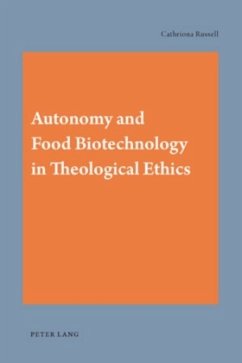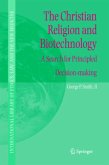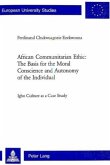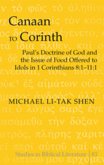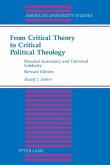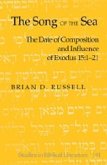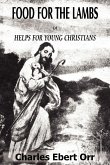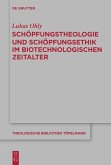What does 'autonomy' mean from a Christian perspective? What could a Christian environmental ethics bring to the debate about genetically modified food?
This book investigates conflicting claims in the public realm about food biotechnology. It critically evaluates the contribution such technologies make to sustainable agricultural production and environmental stewardship. Challenging the received wisdom in popular environmental theology, the book defends the role of the human person as steward of creation and presents a human-centred Christian environmental ethics rooted in the Kantian tradition of moral philosophy. From this vantage point the author critiques the partiality of many contemporary environmental theologies, which argue for a return to the technological simplicity of an idealised past, or emphasise virtue while taking little account of the role that institutional issues play in framing and defining policy and good practice. In this context the author examines whether or not, under current conditions, transgenic food can contribute to sustainable agricultural production.
This book investigates conflicting claims in the public realm about food biotechnology. It critically evaluates the contribution such technologies make to sustainable agricultural production and environmental stewardship. Challenging the received wisdom in popular environmental theology, the book defends the role of the human person as steward of creation and presents a human-centred Christian environmental ethics rooted in the Kantian tradition of moral philosophy. From this vantage point the author critiques the partiality of many contemporary environmental theologies, which argue for a return to the technological simplicity of an idealised past, or emphasise virtue while taking little account of the role that institutional issues play in framing and defining policy and good practice. In this context the author examines whether or not, under current conditions, transgenic food can contribute to sustainable agricultural production.

